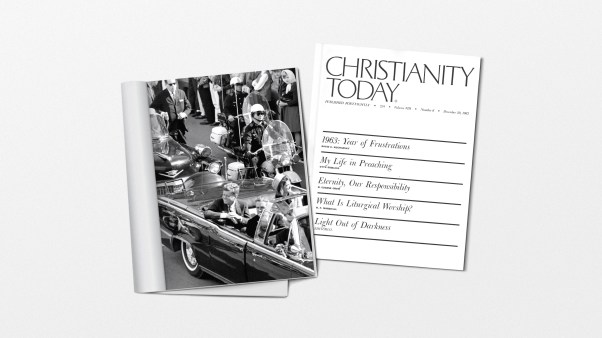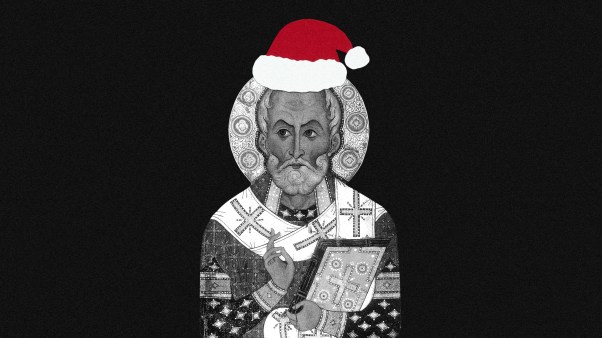Attendance at Radiant Church in Colorado Springs had been declining for years when Todd Hudnall accepted the position as senior pastor. Recognizing the computer-savvy nature of their community, Hudnall and his team focused their efforts on improving the church website and using the Internet for advertising.
“Our position on Google searches was poor,” Hudnall says, “so we decided to use Google Adwords. It has essentially replaced our large Yellow Pages ad; it’s less expensive and seems to be more effective.”
After two years of using Google Adwords, the number of first-time guests who learned about Radiant through the Internet has gone up 25 percent.
Adwords is Google’s form of pay-per-click (PPC) marketing. When you perform a Google search, the standard search results appear on the left side of the page and sponsored links appear on the right. The listings under the “Sponsored Links” heading are there because they’ve purchased an Adword that relates to the search topic. That company pays a set rate each time a Web user clicks on their link (hence “pay-per-click”).
To use Google Adwords, the advertiser chooses words or phrases. Radiant Church, for example, has purchased eleven keywords/phrases, but the most successful have been derivatives of “Colorado Springs Church.” Advertisers are able to customize their account—designating, among other things, the price they’re willing to pay per click, a daily or monthly budget limit, and when they want their ads to appear. For example, a church might choose for its ads to appear only on weekends. Then, when someone searches for “Church Dallas” on Google on Saturday night, your church’s ad will appear on the right side of the screen.
PPC marketing can be competitive and costly for some businesses, but that is rarely the case for churches. For instance, a Google search for “Hotel Dallas” yields roughly 170 sponsored links. These businesses compete for position within that list by increasing the amount they’re willing to pay per click. The highest bidders are awarded the best placement. A Google search for “Church Dallas,” on the other hand, only produces a handful of sponsored links. With fewer churches bidding for position, an advertiser may pay as little as one cent per click and still be well placed.
“Everyone here uses Google,” says Angela Aviles, senior production manager at The River Church Community in San Jose, California—just minutes from Google headquarters in Silicon Valley. “Google is a language of our culture, so we wanted to make sure we’re speaking that language.”
Aviles says word of mouth and personal invitation are still the main reasons people find The River, but more people are saying they found the church through Google Adwords.
For The River Church, Adwords are a budget-friendly way to advertise. “Our budget is set at $50 a month, so we won’t pay more than that. But we never actually use the full $50.”
The River has purchased 12 Google Adwords and most include a geographic description. One example is “emergent church California.” Still, the Adword that has generated the most online traffic for The River has been “Church San Jose.”
Even though the church is located in the Silicon Valley, Aviles says, “You don’t have to be tech-savvy to use Google Adwords. And it doesn’t take long to set up at all.” But she adds this caution: “Google will only link people to your website. If your church doesn’t have a good website, then it probably isn’t worth it.”
Tyler Charles is assistant editor for FaithVisuals.com.
Copyright © 2009 by the author or Christianity Today/Leadership Journal.Click here for reprint information on Leadership Journal.









